Caring for all of God’s creation is the theme of Pope Francis’ recent encyclical “Laudato si’.” It’s also been at the heart of a farming project conducted for the past 20 years by the Sisters of St. Dominic at their motherhouse in Amityville, L.I.
Pope Francis warned that an “irrational confidence in progress and human abilities” has threatened the infrastructure of the earth upon which human beings depend for existence.
(story continued below)
.
It’s a warning that the Dominican Sisters have been preaching for years. As a tangible way of backing up that message, they have been offering use of their grounds to local residents to grow pesticide- and herbicide-free produce for their tables. Neighbors buy shares in the land, offer volunteer time to till the ground and then share in the bounty of their efforts.
It’s all an effort to produce fresh, healthy food, while respecting the elements of nature that are used to harvest the crops. On a recent visit, I got to see close-up a healthy crop of cucumbers, Middle Eastern zucchini, squash and tomatoes that were ready to be eaten.
Pope Francis writes about the inter-connectedness of humans and their environment and the Sisters echo.
“We can’t separate ourselves from the planet,” says Sister Margaret Galiardi, O.P., who teaches about care of the environment at Molloy College in Rockville Centre.
“We’re intertwined. We’re absolutely totally dependent on the planet.
“Of course, we are to use the things of the earth, but with respect.”
Sister Jeanne Clark, O.P., who works with the educational aspect of the Amityville farmland, explains, “We don’t realize how connected we are to the earth.” She says that humans have become used to making decisions simply about themselves without regard for their surroundings.
A concern of the encyclical as well as the sisters is global warming as a threat to human existence.
“It’s a real warning,” says Elizabeth Keihm, a Dominican associate who serves as associate director of The Homecoming Farm, the name given to the Amityville plot. “There are serious implications to weather pattern changes.”
She pointed to the crop of green peas that are usually planted in March and harvested in the spring. Because of the long winter this year, the seeds went into the ground six weeks late and are coming to fruition during warm weather, which does not encourage their full development.
“The Church needs to help people fall in love with the earth,” says Sister Margaret. “If you fall in love with the earth, then you’ll be able to figure out what to do to save it.”
She suggests that respect for the environment demands more prudent use of electronic appliances such as clothes dryers and air conditioners. Better use of electricity would lead to less pollutants from the elements that are used to produce electric power. She also encourages buying vegetables from local farmers to ensure healthier, preservative-free foods that are better for consumption.
The Sisters, like the pope, feel that people must take a greater responsibility for their surroundings in order to preserve them. And it all starts with individual choices to be become part of the solution.
Interns from Molloy College were helping to harvest the crop. A young woman with her three-year-old daughter stopped by to check the day’s offerings.
“Don’t forget the herbs, Mommy,” said the little girl.
The educational process was being passed on to the next generation.

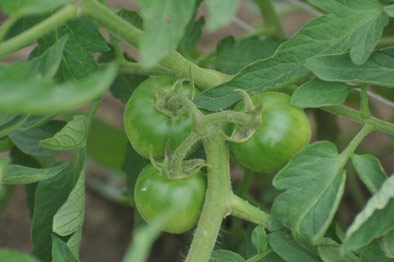
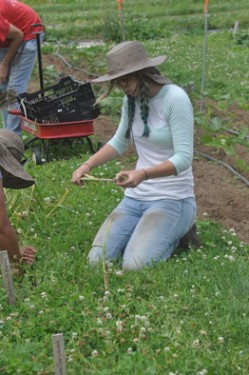
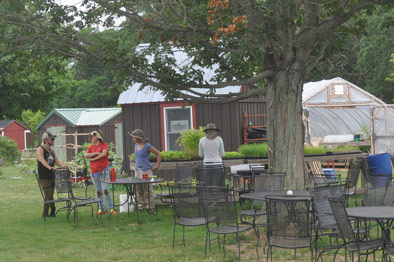
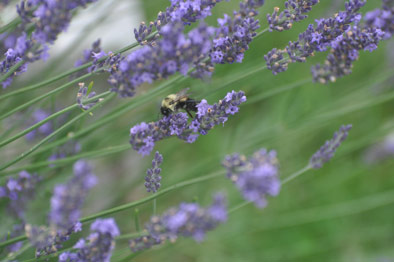

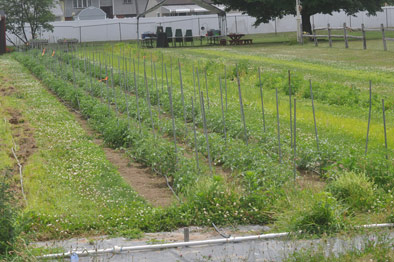
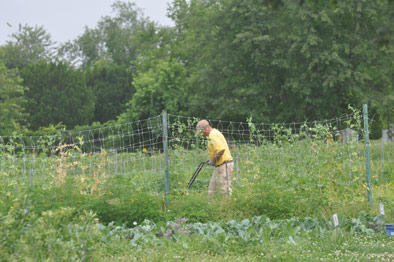
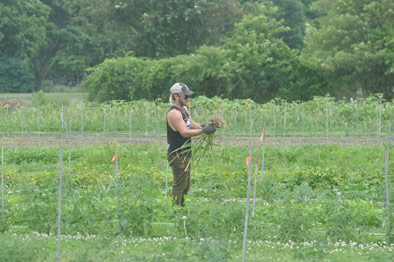
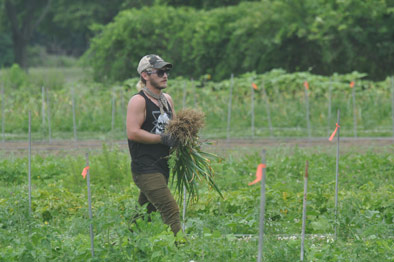
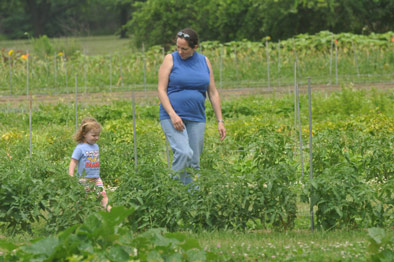
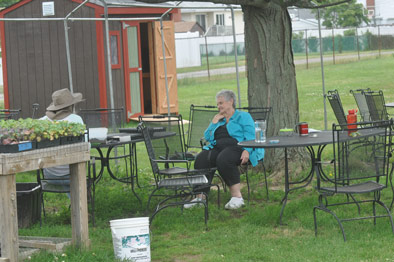
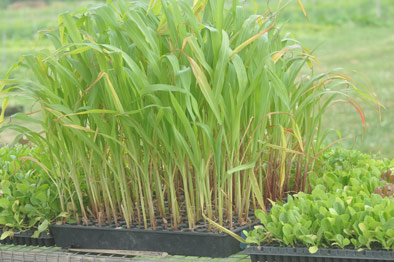
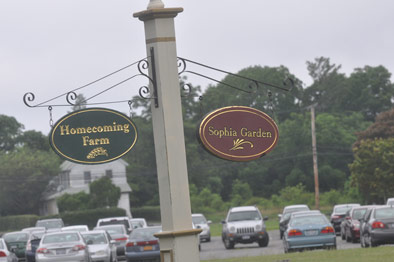
Awesome!